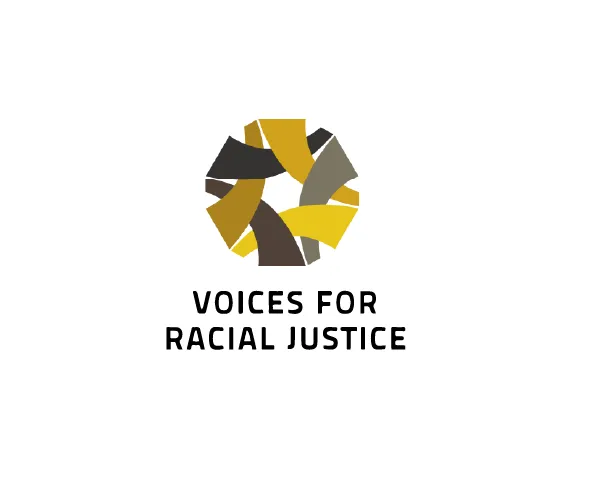Describe the work of your organization
Voices for Racial Justice (VRJ) is a movement organization of leaders, organizers, and culture workers who envision a world without racism, honoring the culture, knowledge, power, and healing of Black, Indigenous, and communities of color. We are committed to building power through collective cultural and healing strategies for racial justice across Minnesota using organizing, leadership training, community policy, and research. In 2022, I focused my work on democracy and civic engagement efforts. We built a social media toolkit and electoral resources for our organization and community partners so that together we could share clear narratives around the power and possibility of our democracy and connect community members with the information and resources they needed to vote in the midterm/November elections.
How do you use data in your work?
We use data in different projects for different objectives. For example, for the 2022 democracy toolkit, we use data to learn and include data in our narratives so people can see how many people who identify as BIPOC live in our state. The data help us to show that we have a high number of people of color who, if they vote, could play a decisive role in choosing who we want to represent us at the government level. Also, in our census and redistricting projects, we learned from data where BIPOC communities live, and gathered information on specific things like income levels and daily challenges related to inequity.
Through data, we understand BIPOC realities such as pollution levels in neighborhoods, property ownership, levels of education, and so much more. We use data to learn, analyze our communities' realities, and include them in building policy-making. For example, during testimonies at the state capitol, we show our legislators data so they can understand how many lives are affected by an issue.
How have you used the Minnesota Compass in your work?
During the creation of our 2022 democracy toolkit, we used Compass data to write powerful narratives for social media purposes. For example, in this social media post narrative: "We have the potential to be a decisive electoral power to choose people who will decide our future. Almost 1.3 million people of color live in Minnesota and are projected to reach nearly 2.4 million by 2055. But our communities of color face the highest rates of intimidation and barriers to accessing voting polls and electoral information in general. So in this November election, let's vote for those who cannot vote and vote for candidates that will take action so our communities of color can participate fully in the electoral process in the future."
How does Minnesota Compass add value to your work?
Data and analyzing data can be daunting, tedious, energy consuming, and challenging to access and understand. Minnesota Compass has helped us to enjoy and facilitate the data analysis process as data are shown in a user-friendly way. In addition, explaining what information is telling us in a digestible language helps us and our communities understand data.
